10 Best Snacks To Have In Your Golf Bag
Performance nutritionist Dr James Morehen rounds up the 10 best snacks to have in your golf bag

10 Best Snacks To Have In Your Golf Bag
A typical round of golf can take anywhere from three to six hours depending on the length of the course, how many balls you have lost, or the pace of the groups in front of you. In almost every other sport in the world, athletes training or competing in sports of this duration would, at some point, take on board nutrition to support performance.
A few examples include: marathon runners, consuming carbohydrate (fuel) during races to help them produce winning performances; football players, consuming sports drinks, carbohydrate gels and fluids to help win matches; and formula 1 drivers, consuming fluids while at the wheel of the car to stay hydrated during a race.
Over the last few years, players like Rory McIlroy, Dustin Johnson and Bryson DeChambeau have been making the headlines, not just for their on-course displays, but also for firmly putting performance nutrition on the global map. And rightly so.
It is not uncommon for a player to cover a distance in excess of 10 kilometers (Duncan et al., 2006) during a round and, depending on the course topography and altitude changes, additional demands can be placed on golfers (Burkett & von Heijne-Fisher, 1998; Stauch, Liu, Giesler, & Lehmann, 1999).
With this in mind, total caloric expenditure while carrying a bag has been reported at 1954 kcal, reduced to 1527 kcal for walking with a cart during a round of golf (Sell et al., 2008).
Therefore, it’s really important we now view a round of golf as a bit of an endurance event. If you are taking it seriously, it’s not just as simple as a few holes with your friends, but a multistage three to six hour event that will require fueling before, during and after.
Subscribe to the Golf Monthly newsletter to stay up to date with all the latest tour news, equipment news, reviews, head-to-heads and buyer’s guides from our team of experienced experts.
Take the London Marathon. It’s probably one of the world’s best known endurance events and if you are running a good time, it may take you in the region of three to five hours to complete. This could be the same time, or less, than your normal round of golf. Of course, the intensity is different, but the point is that you will still be expending some serious calories as outlined above.
With this in mind, what snacks should we be carrying in the golf bag to ensure we are fully fueled and ready for a great round? Below are 10 of the best:
Water
Keep it simple and don’t miss this non-negotiable. Save purchasing one from the clubhouse and save on plastic usage by filling up a bottle of water from home. For those hot days, keep it in the fridge overnight and before you leave in the morning, add a handful of ice to keep it cool all round.
Flavored milk
Chocolate milk has become a staple of my golf bag. Not only does it provide some good carbohydrates, but also calcium for my bones and protein for my muscles. On a hot day, sipping on a cold chocolate milk while lining up an approach shot feels great!
Banana

So starting with what you should eat during a round of golf the humble banana is a good place to start. Simple and easy, no preparation required. Bananas pack a solid amount of carbohydrates to keep you going, preference is at the halfway point. Little tip, buy a banana case from amazon so it doesn’t get squashed in your bag. There's nothing worse than sticking your hand into your bag and feeling the remnants of a split banana all over the pockets and whatever else.
Soreen bread
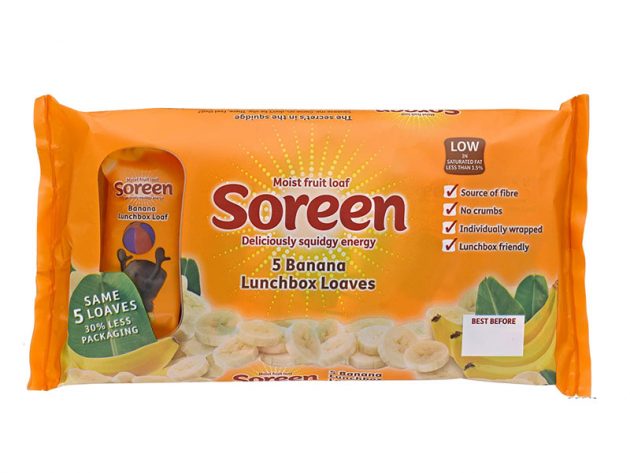
The little five packs of Soreen bread are brilliant and can usually be found at all major grocery stores. Again, a quick and easy source of carbohydrates to consume during the round that also tastes great with a hot drink at the halfway hut. In particular, the coffee and banana flavor is delicious.
Sushi pack
A little bit left field, but a salmon-heavy rice pack can provide a very easy and quick lunch option when you’re out on the course. Not too messy and light and small to stash in the golf bag. Salmon is full of protein and healthy fish oils to look after our muscles, ligaments and tendons.
Snack a Jacks
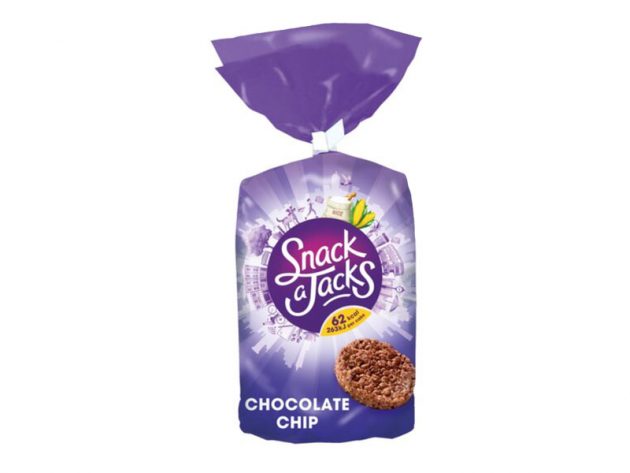
If any of you normally buy the chocolate bar from the clubhouse, wrap three of these in foil and take with you instead, especially the chocolate chop flavor. A lot less in fat content and more suitable for a performance snack, not only will it hit the sweet spot of chocolate taste but you'll now get some good carbohydrates to stay fueled for the full round.
Wyldsson chipmunk nut tube
These handy tubes are brilliant. You can either fill them with grounded down nuts from the guys at Wyldsson or with your own almonds/cashews at home and take with you on the course. Very lightweight and slim so perfect for the golf bag or even jacket for easy access.
Get Buzzing Cherry, Nut and Gluten free high protein oat bar
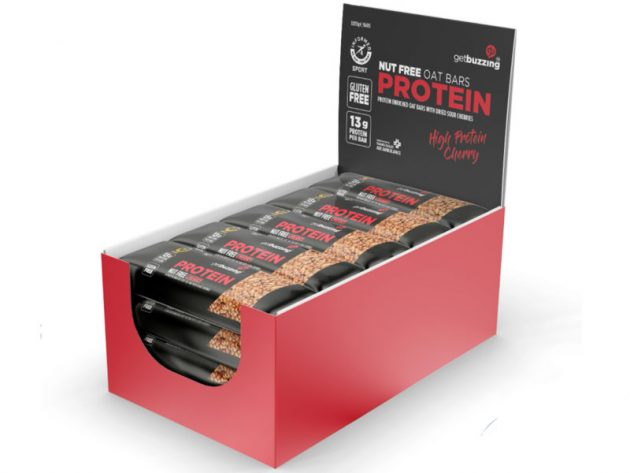
For those that prefer more of an oat-based bar, this cherry nut-free option from the team at Get Buzzing is outstanding. Slow-release carbohydrates will provide you with a good amount of energy going into the back nine, as well as an awesome taste to go with it.
Nutrition-X Big Whey Shake and Take
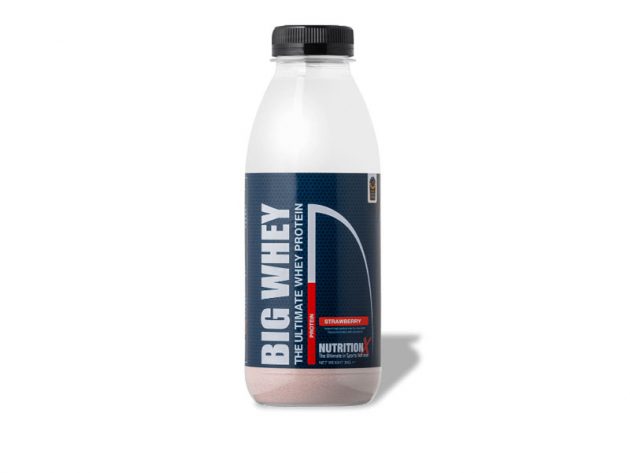
These handy ready-to-drink proteins contain 24g of high-quality protein and 6.5g of branched chain amino acids. Filled with milk and a few ice cubes and then stored in the bottle pouch of your golf bag, you will have a great source of protein to help support your muscles throughout the round. My favourite flavour is chocolate.
Nutrition-X ProX Protein Bar
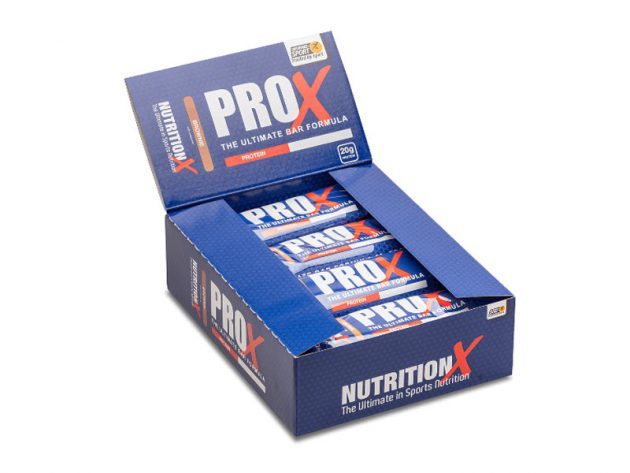
This has to be one of the best tasting protein bars on the market. Stored in the cold pouch of your golf bag with a cold drink, and consumed at the halfway hut, it's a performance-enhancing treat like no other. Again, a great source of protein to help support the tired muscles heading into the back nine.